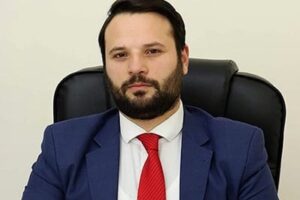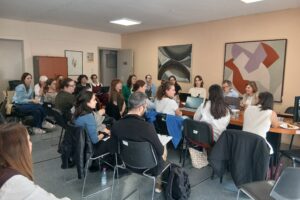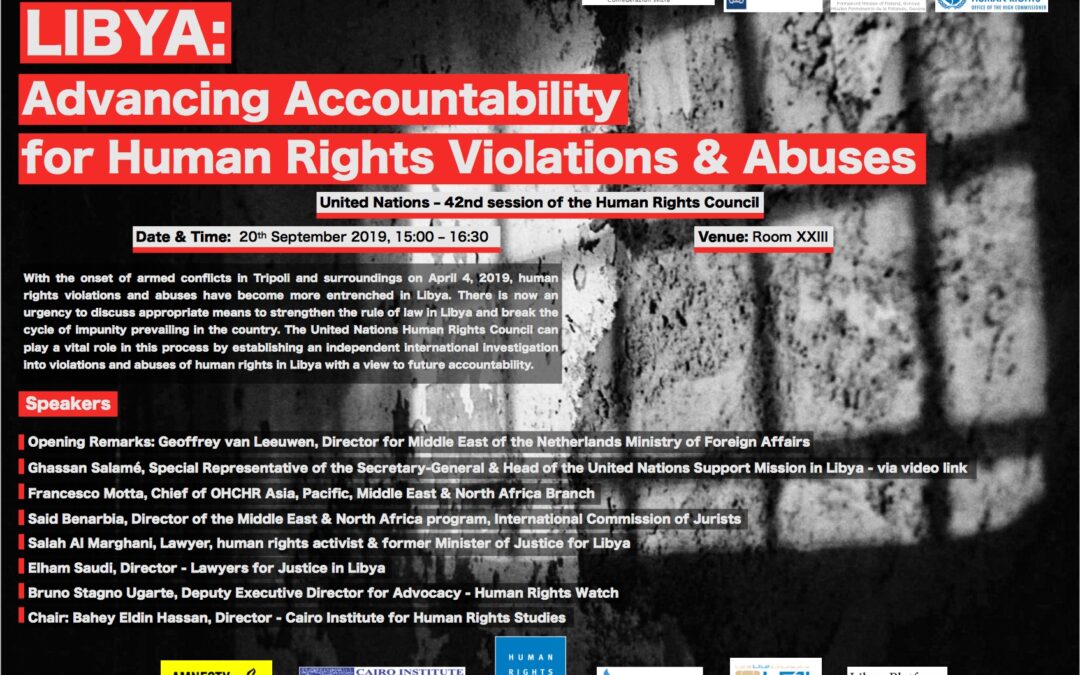
Sep 16, 2019 | Events, News
The ICJ, together with the Netherlands, Finland and Swiss missions to Geneva, OHCHR and other NGOs invite you to a panel discussion on Advancing accountability for human rights violations and abuses in Libya at the UN Human Rights Council in Geneva.
The event takes place on Friday 20 September 2019, at 15:00 – 16:30, Room XXIII, in the Palais des Nations.
With the onset of armed conflicts in Tripoli and surroundings on April 4, 2019, human rights violations and abuses have become more entrenched in Libya. There is now an urgency to discuss appropriate means to strengthen the rule of law in Libya and break the cycle of impunity prevailing in the country. The United Nations Human Rights Council can play a vital role in this process by establishing an independent international investigation into violations and abuses of human rights in Libya with a view to future accountability.
The event will be opened by Geoffrey van Leeuwen, Director for Middle East of the Netherlands Ministry of Foreign Affairs, moderated by Bahey Eldin Hassan, Director of the Cairo Institute for Human Rights Studies, and feature:
–Elham Saudi, Director – Lawyers for Justice in Libya
–Ghassan Salamé, Special Representative of the Secretary-General & Head of the United Nations Support Mission in Libya – via video link
–Francesco Motta, Chief of OHCHR Asia, Pacific, Middle East & North Africa Branch
–Said Benarbia, Director of the Middle East & North Africa program, International Commission of Jurists
–Salah Al Marghani, Lawyer, human rights activist & former Minister of Justice for Libya
–Bruno Stagno Ugarte, Deputy Executive Director for Advocacy – Human Rights Watch
A flyer for the event is available here.
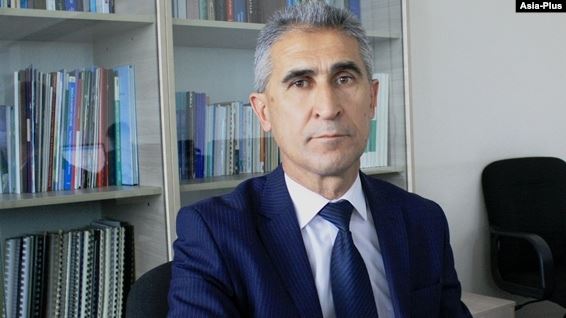
Sep 10, 2019 | News
The ICJ today expressed concern that a Government anti-corruption agency has engaged in acts of intimidation against the Chairperson of the Union of the Lawyers of the Republic of Tajikistan, Saidbek Nuritdinov, and 15 other lawyers.
The intimidation apparently relates to the lawyers’ defence of Abdulaziz Abdurahmonzoda, a lawyer facing trial on charges of fraud, who was allegedly ill-treated in detention by officers of the city Department of the Agency for Financial Control and Combating Corruption of the Republic of Tajikistan (Anti-Corruption Agency).
After the lawyers representing Abdurahmonzoda alleged that he had been ill-treated, the judge of the Sino district of Dushanbe city hearing the case, Ahmadzoda Farogat, requested the Prosecutor General’s Office to investigate the allegations.
Following the initiation of the inquiry of the allegations of ill-treatment, the Head of the Anti-Corruption Agency of Dushanbe, allegedly sent requests to a number of district courts of Dushanbe to obtain information about civil and criminal cases in which Saidbek Nuritdinov had participated as a lawyer.
The requests are said to seek information such as the names and, place of residence of clients: subject matter of civil cases, and details of the charges against his previous clients. In addition, it was reported to the ICJ that Judge Akhmadzoda Farogat, transmitted a list of the fifteen lawyers and copies of their official orders, the documents authorizing the representation of the lawyer, to the Anti-Corruption Agency at its request.
The ICJ notes, that while this information is not confidential per se, previous such investigations of the Anti-corruption Agency have led to criminal prosecution and conviction of lawyers.
“In this case, representation of a lawyer subject to criminal proceedings was undertaken by a group of his colleagues, including the head of the association of lawyers, in line with professional ethics, said Temur Shakirov, Senior Legal Adviser of the ICJ. “Such representation is consistent with international standards on the role of lawyers as well as national law of Tajikistan”.
“If the investigation is related to the lawyers’ representation in the case of Abdurahmonzoda, it would constitute a means of intimidation of the lawyers. And as such it should be ceased, and the lawyers should be able to continue to act freely and diligently in accordance with the national law and international law and standards on the role of lawyers”, Shakirov added.
Background
The criminal case against lawyer Abdulaziz Abdurahmonzoda was initiated under article 247.2, of the Criminal Code (fraud) on 17 April 2019. At the court hearings observed by the ICJ, Abdurahmonzoda insisted on his innocence and alleged breaches of the criminal procedure in course of the preliminary investigation: initiation of a criminal case without legal grounds (the case was said to lack the victim’s statement about the fraudulent actions committed on the part of Abdurahmonzoda); violation of the procedure of the preliminary investigation and submission to the court of evidence knowingly obtained by illegal means. The ICJ is observing the trial.
According to the UN Basic Principles on the Role of Lawyers, governments “shall ensure that lawyers are able to perform all of their professional functions without intimidation, hindrance, harassment or improper interference” and they should not “suffer, or be threatened with, prosecution or administrative, economic or other sanctions for any action taken in accordance with recognized professional duties, standards and ethics.”(Principle 16).
Furthermore, interference or obstruction of lawyer’s activity is prohibited by the Law of the Tajikistan on Lawyers and Lawyers’ Activities. According to the law, a lawyer cannot be held liable for any opinion expressed by him/her as part of his/her lawyers’ activity, with the exception of actions that may constitute a crime. The request from lawyers or lawyer’s unions of information related to the provision of legal assistance in specific cases is not allowed.
According to the Draft Universal Declaration on the Independence of Justice (“Singhvi Declaration”), enable the Bar Association to fulfil its function of preserving the independence of lawyers, they should “be informed immediately of the reason and legal basis for the arrest or detention of any of its members or any lawyer practising within its jurisdiction”. In these cases, bar associations are “ entitled to be represented by its president or nominee to follow the proceedings and in particular to ensure that professional secrecy and independence are safeguarded”.
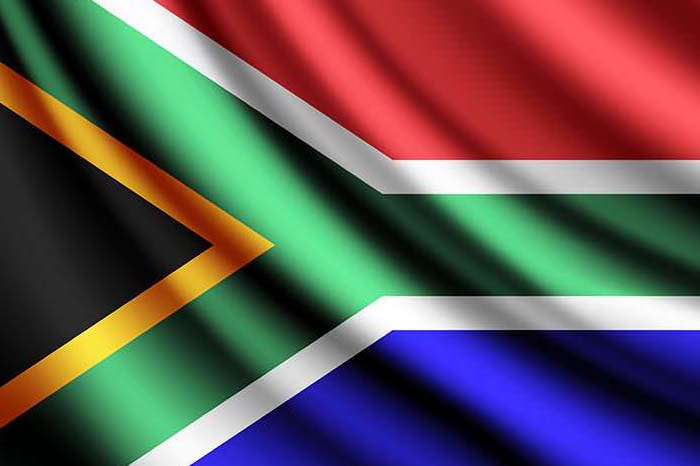
Sep 9, 2019 | News
The ICJ today called on the South African government to take immediate measures to prevent, investigate and bring to justice those responsible for all discriminatory violence that has occurred in the country, particularly against people based on nationality or national origin.
The authorities should make clear that the rights in the South African Constitution’s Bill of Rights and under international law apply to everyone in South Africa and to take demonstrable measures to protect everyone in South Africa from violence, including discriminatory violence, such as targeted xenophobic violence.
“The hard-fought rights in the Bill of Rights of our Constitution apply to everyone who lives in South Africa without exception. Whatever concerns people have must be resolved through listening and through dialogue. The prevailing violent attacks which seem to target people because they are not South African are cruel and inhuman. They can never be justified and must be condemned in the strongest terms possible”, said ICJ Commissioner Justice Yvonne Mokgoro, a former judge of the South African Constitutional Court.
The ICJ further called on the African Union Member States to take immediate measures to stop the retaliatory attacks against South Africans and South African groups and businesses in those countries where they have taken place, including the Democratic Republic of Congo and Nigeria.
“The current xenophobic attacks in South Africa targeting African immigrants as well as retaliatory violence against South Africans living in the affected African countries is highly regrettable. We call upon the leadership of the affected countries to exercise maximum restraint. We further urge them to take urgent measures to guarantee the security and rights of all immigrants and minorities within their borders, as they are duty bound to do so, under their constitutions and instruments against all forms of discrimination and xenophobia”, said ICJ Commissioner Justice Kathurima M’Inoti of the Kenyan High Court and Director of the Kenyan Judicial Education Institute.
The call by the ICJ comes after South Africa experienced a week of widespread looting and attacking of businesses, perceived to be owned by foreign nationals that saw at least 10 killings and many others injured and displaced from homes. The violence began in Jeppestown, a Johannesburg suburb, on Sunday evening and spread to other parts of Johannesburg including the Johannesburg CBD, Malvern, Tembisa, Alexandra and Katlehong.
The ICJ recalls that the African Charter on Human and Peoples Rights, the International Covenant on Civil and Political (ICCPR) and other universal and African regional human rights treaties to which South Africa is party, require that the rights be guaranteed equally to all persons without regard to citizenship or other status.
This is not the first time that South Africa has been gripped with xenophobic attacks. They have occurred periodically and with impunity over the past decade, with spikes in 2008 and in 2015. In 2008 more than 60 people were killed in a wave of violence against foreign nationals. Another significant flare of xenophobic violence also occurred in 2015 receiving widespread civil society condemnation and response though the perpetrators of such violence operated with some degree of impunity. Civil society will once again proceed with a mass protest on the 14th of September in strong opposition to the increasing climate of fear and xenophobia.
“Impunity for acts of violence, particularly xenophobic violence, is a matter of extreme concern. As a Zambian professor teaching at a leading university in South Africa, I am fearful of the lasting impact that continued xenophobia in South Africa has on the human rights of everyone especially non-nationals living in the country. These xenophobic attacks have the potential to destabilize the unity of Africa around human rights values and create a spiral of violence and impunity across the continent. Xenophobic violence is a threat to the observance of human rights on the continent.” said ICJ Commissioner and Professor Michelo Hansungule, of the Centre for Human Rights at the University of Pretoria.
A number of African countries, including Tanzania, Mozambique, Zambia and Nigeria have responded strongly to such xenophobia, including by suspending flights to South Africa and boycotting South African based events, illustrating the seriousness of the xenophobia. Though the South African government has previously presented such incidents to the world as isolated instances of naked criminality without discriminatory intent, in this instance South African Foreign Minister Naledi Pandor has said that “Afrophobia” can no longer be denied.
In responses to violence in South Africa, in Nigeria, protesters in Lagos and Abuja have targeted South African businesses, some hurling rocks and burning tyres outside their premises, with some explicitly indicating that the acts are retribution for violence against Nigerians in South Africa. In the Democratic Republic of the Congo, protesters also attacked and looted South African-owned businesses, some going on to attack the South African consulate in Lubumbashi. Read the full story here: South Africa-surge in xenophobia-news-webstory-2019-ENG
Contact Details:
Arnold Tsunga (Director): c: +26 37 7728 3249 e: arnold.tsunga(a)icj.org
Solomon Ebobrah (Senior Legal Adviser): c: +23 48 0349 27549 e: solomon.ebobrah(a)icj.org
Tim Fish Hodgson (Legal Adviser): c: +27 82 871 9905 e: timothy.hodgson(a)icj.org
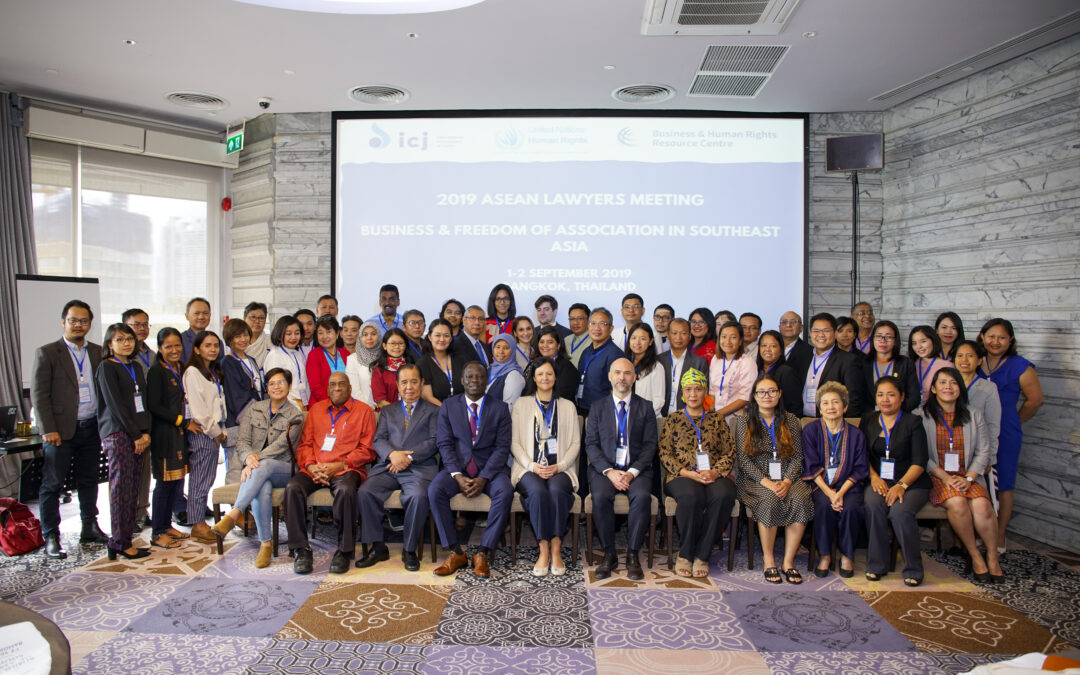
Sep 3, 2019 | Advocacy, News
From 1 and 2 September 2019, the UN Special Rapporteur on freedom of association and assembly, Clément Nyaletsossi VOULE, and lawyers and trade union representatives met and discussed challenges faced in Southeast Asia on exercising the right to freedom of association of workers.
The event was organized by the ICJ together with Business & Human Rights Resource Centre (BHRRC), and supported by the Office of the United Nations High Commissioner for Human Rights (OHCHR).
At the meeting’s conclusion, the participants reached a consensus to work for the development regional guidelines on freedom of association of workers in the ASEAN and agreed to form a Working Group that would be tasked to develop these guidelines. The Working Group nominated by the participants is composed of trade union representatives at the national level, lawyers, among other experts.
In his keynote speech, the Special Rapporteur emphasized that freedom of association is a fundamental right for all workers without which they lack the power to fight discrimination and injustice in the workplace. He also explained the link between the rights to freedom of association and expression, “Freedom of association is closely related to freedom of expression as they both represent opening up of space for dialogue and an enabling environment where unions can participate freely.”
The participants at the meeting were practicing lawyers from Southeast Asia focusing on labor and employment and trade unions leaders and representatives. Other participants included representatives from human rights organizations addressing business and human rights and the right to freedom of association; the ASEAN Secretariat; the International Labor Organization (ILO), the ASEAN Trade Union Council (ATUC), and the International Trade Union Confederation (ITUC).
“Shrinking political and civic space combined with inequality and social marginalization are key challenges at the heart of business-related human rights violations in Southeast Asia,” said Katia Chirizzi, Deputy Regional Representative for UN Human Rights. “Governments must implement their obligations to respect, protect and promote human rights in relation to business activities. It is equally critical to ensure that businesses meet their responsibilities to respect human rights.”
During the meeting, the participants also discussed the role of women in labour organizing and the additional challenges women face when they exercise the right to freedom of association in the workplace. Betty Yolanda, Asia Regional Manager of the Business and Human Rights Resource Center (BHRRC) said: “Women workers face multiple forms of discrimination and challenges. They are fighting for their rights as workers in the company and at the same time they are also fighting the patriarchy.”
The participants identified common challenges confronted in the region where workers’ rights to freedom of association face legal and physical limitations. Migrant workers, women workers and workers in Special Economic Zones (SEZs) were identified as being particularly at risk in exercising their rights.
“It is crucial that we discuss these challenges openly and with all stakeholders, particularly issues that affect those who work in the informal sector, and other vulnerable communities such as migrant workers. Special investment frameworks, special economic zones and other government-led initiatives meant to attract foreign investment potentially create new opportunities to increase transparency and accountability. Unfortunately, they are more often used to justify lowering human rights standards, or impose new restrictions that act to limit workers and communities abilities to express their grievances or exercise their rights to association,” said Frederick Rawski, ICJ’s Regional Director for Asia and the Pacific.
Contact:
Boram Jang, International Legal Adviser, Asia & the Pacific Programme, e: boram.jang(a)icj.org
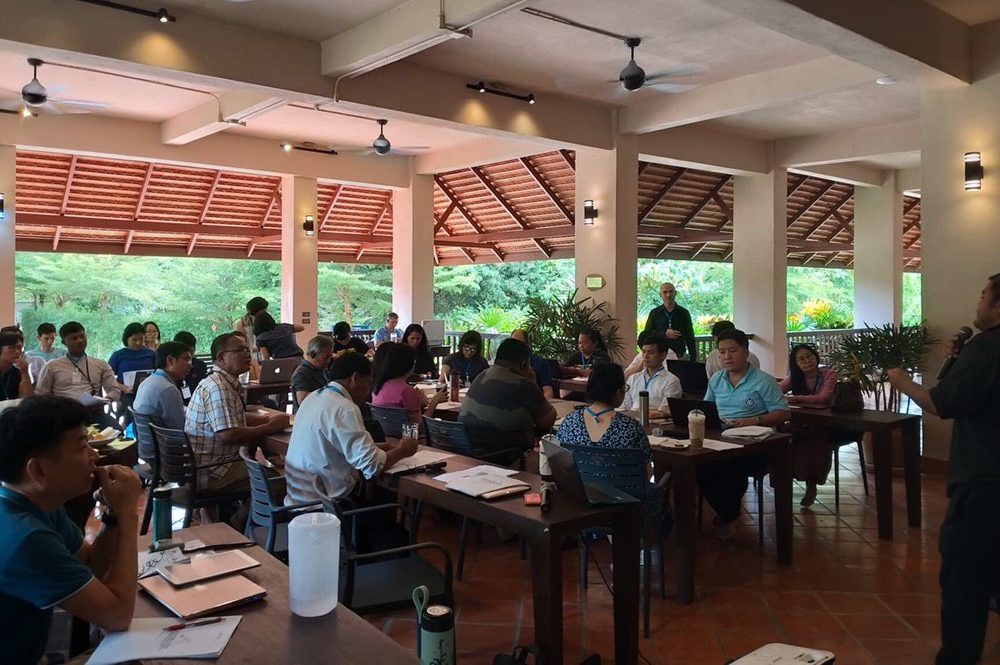
Jul 21, 2019 | News
Today, the ICJ hosted a discussion on Thailand’s legal frameworks on corporate accountability for outbound investments in Chiang Mai, Thailand. The forum was co-organized with Earth Rights International.
Lawyers, members of civil society organizations and academics from Cambodia, Laos, Myanmar, and Thailand attended the discussion.
Participants discussed:
- corporate civil, criminal and administrative liability and in particular, the applicable laws governing the prosecution and adjudication of human rights abuses committed by Thai corporations and gaps in Thailand’s legal frameworks. The meeting also looked into recommendations to strengthen Thailand’s domestic laws to increase access to justice for victims of human rights abuses committed by Thai corporations in the context of their business activities abroad, particularly on issues such as: limited liability of shareholders and the “corporate veil” in relation to the responsibilities of Thai corporations, the complexity of laws governing joint ventures, and challenges in bringing state-owned enterprises to justice;
- jurisdiction of Thai courts in civil, criminal and administrative cases where de facto and de jure foreign subsidiaries of a Thai corporation were involved in wrongful acts or omissions abroad, and problems posed by statutes of limitation;
- tools for preventing human rights abuses by corporations such as Human Rights Due Diligence (HRDD), Transboundary environmental impact assessments (EIA), Corporate Social Responsibility (CSR) measures, and the Duty of Care principle under tort law; and
- the role of other related actors to prevent and mitigate human rights risks, including the National Human Rights Commission of Thailand (NHRCT), National Contact Points (NCPs), financial institutions and securities institutions, and provided recommendations to strengthen mandates of such organizations which would allow them to provide better protection for individuals and communities who may be affected by outbound investments.
This discussion will provide the foundation for further work and analysis by the ICJ regarding Thailand’s legal frameworks on corporate accountability for outbound investments. It will also provide the basis for ICJ strategic advocacy at the national level.







